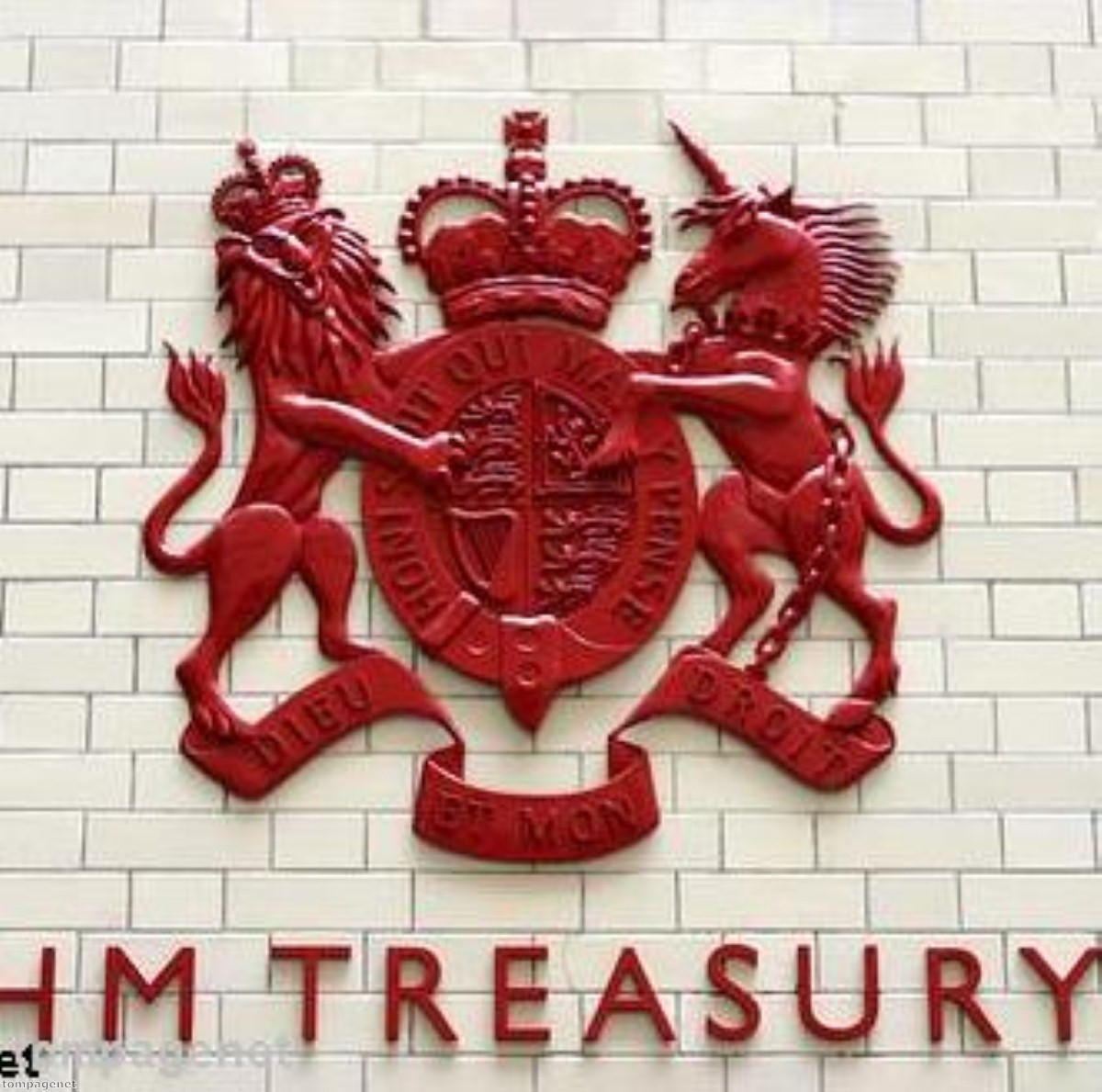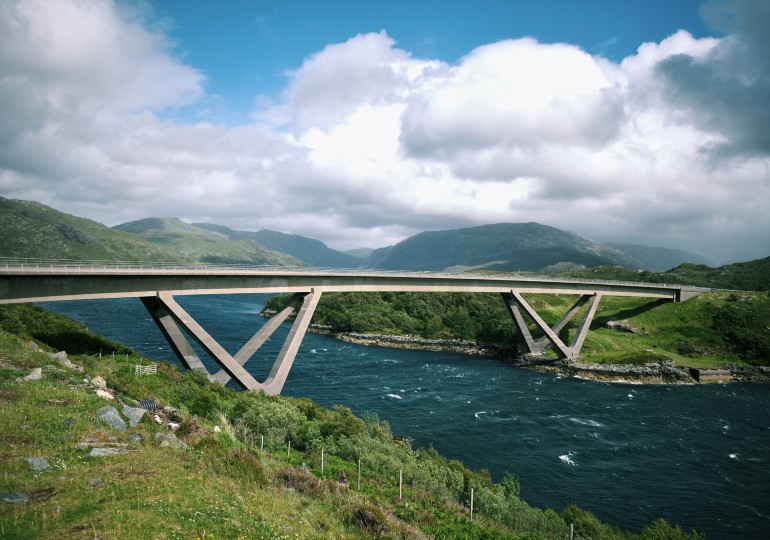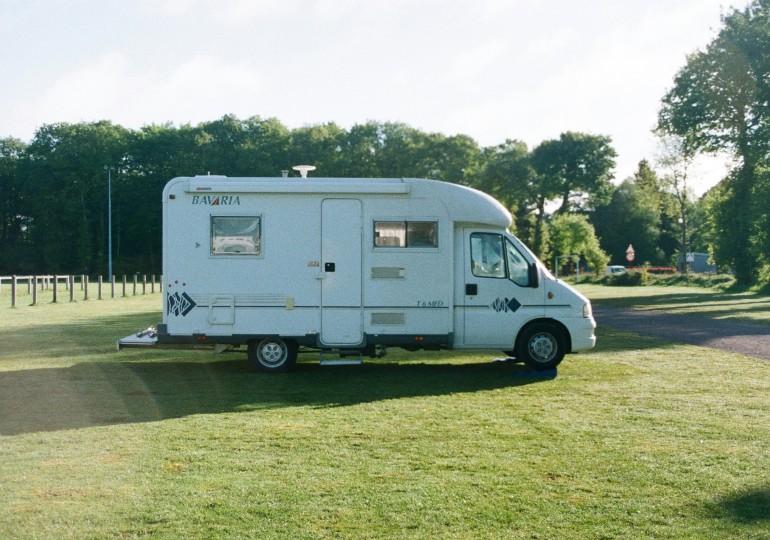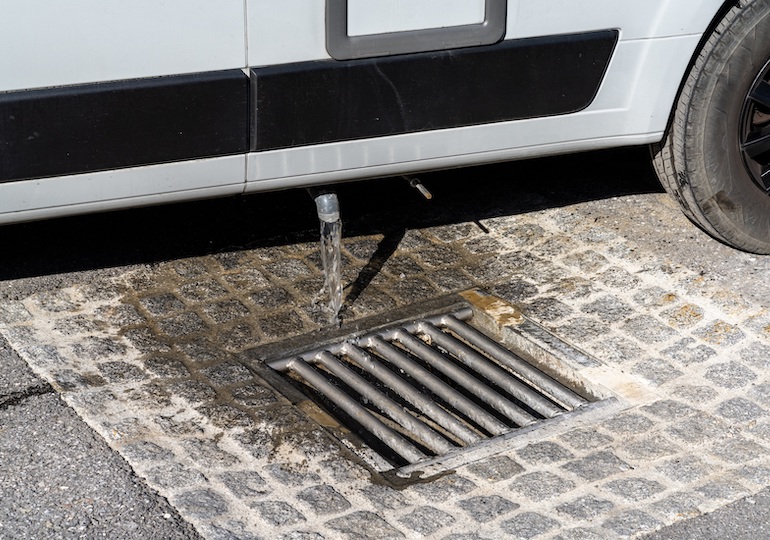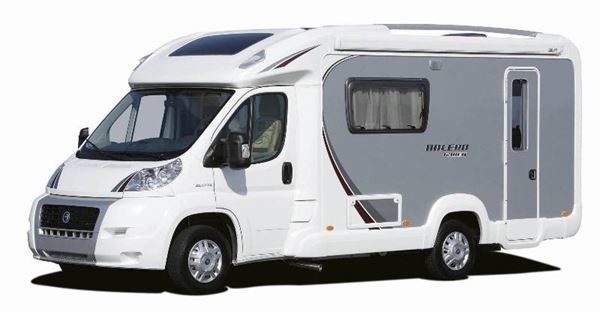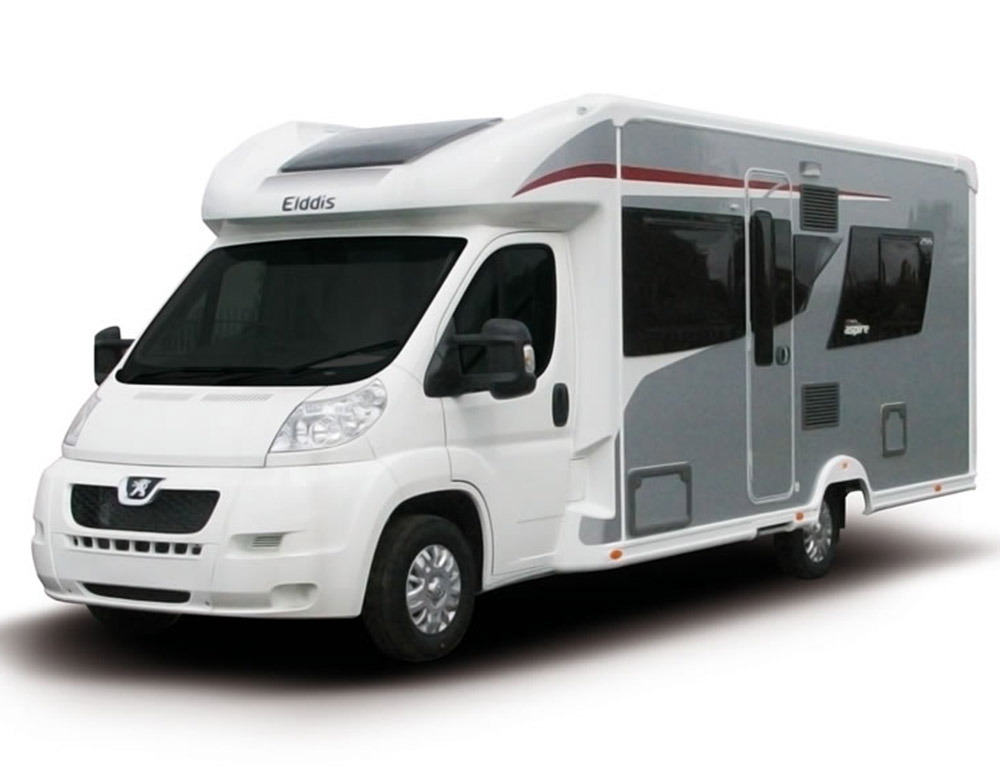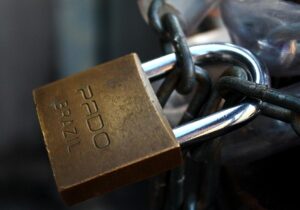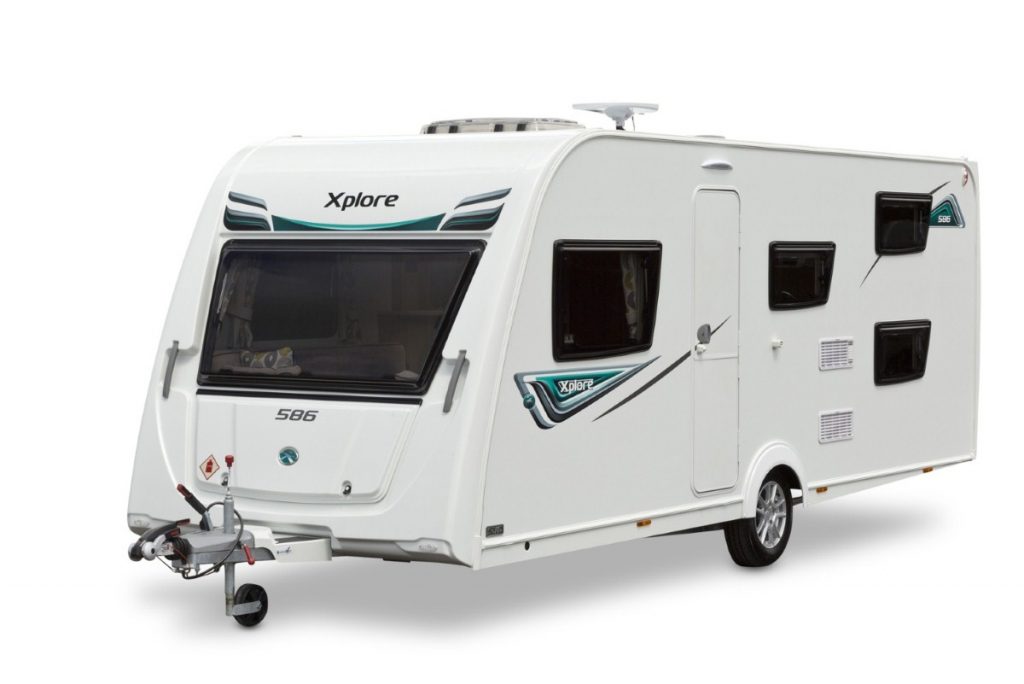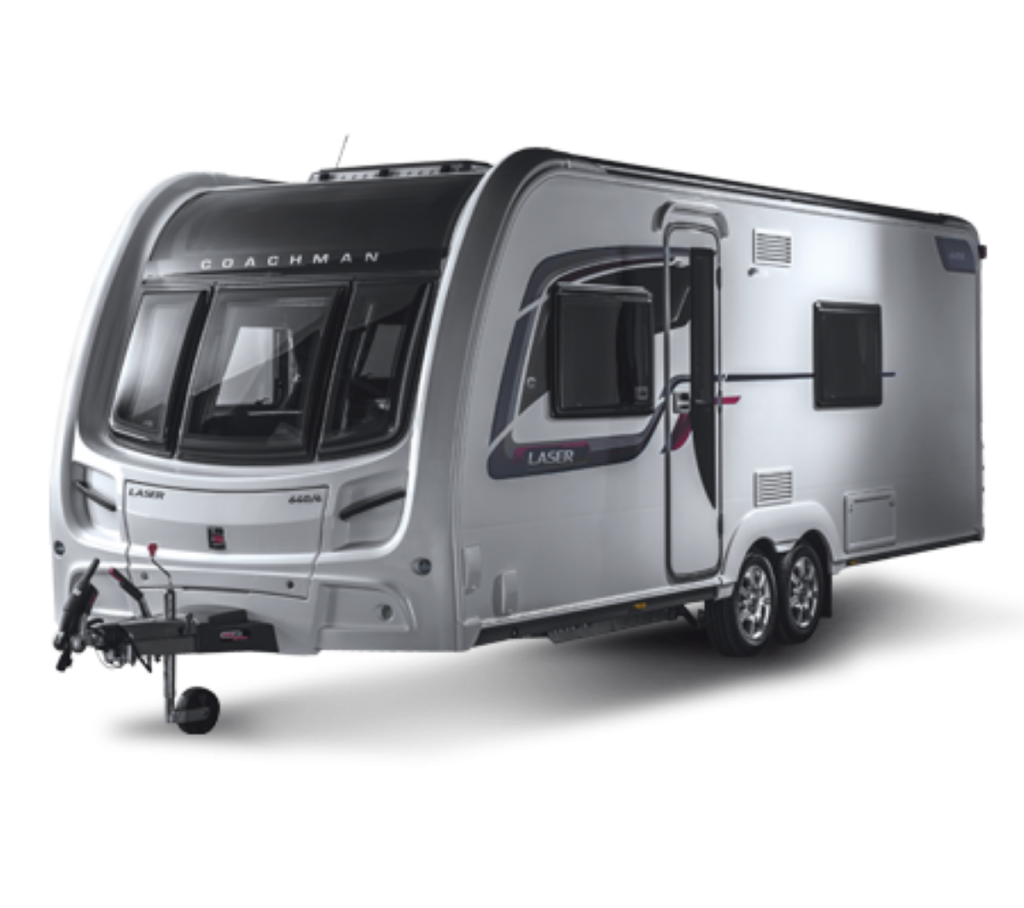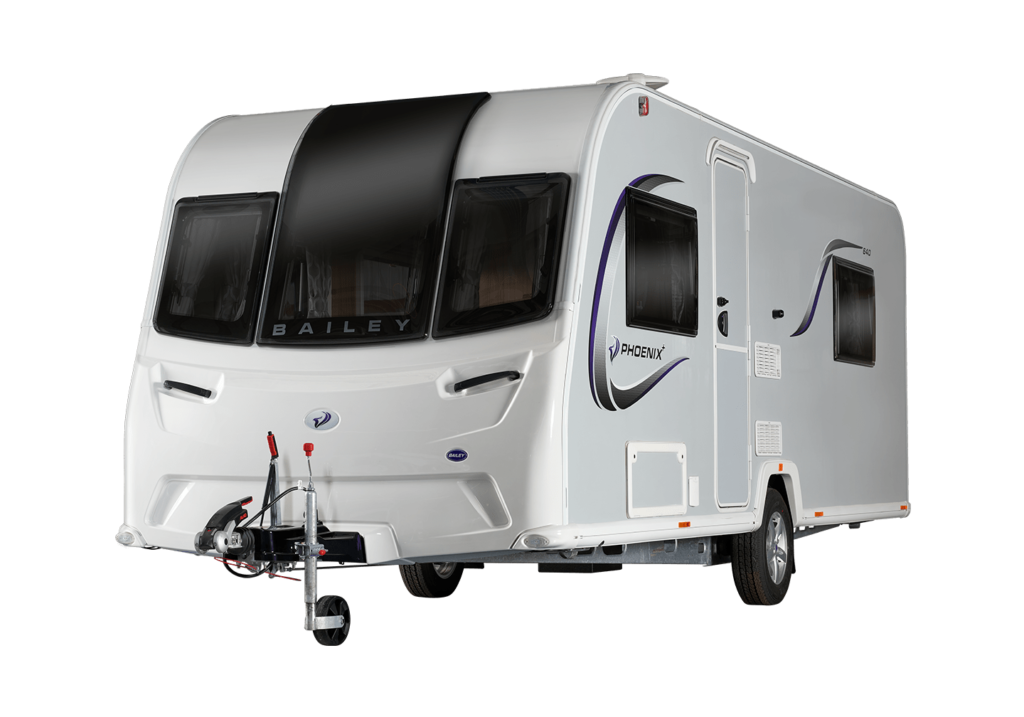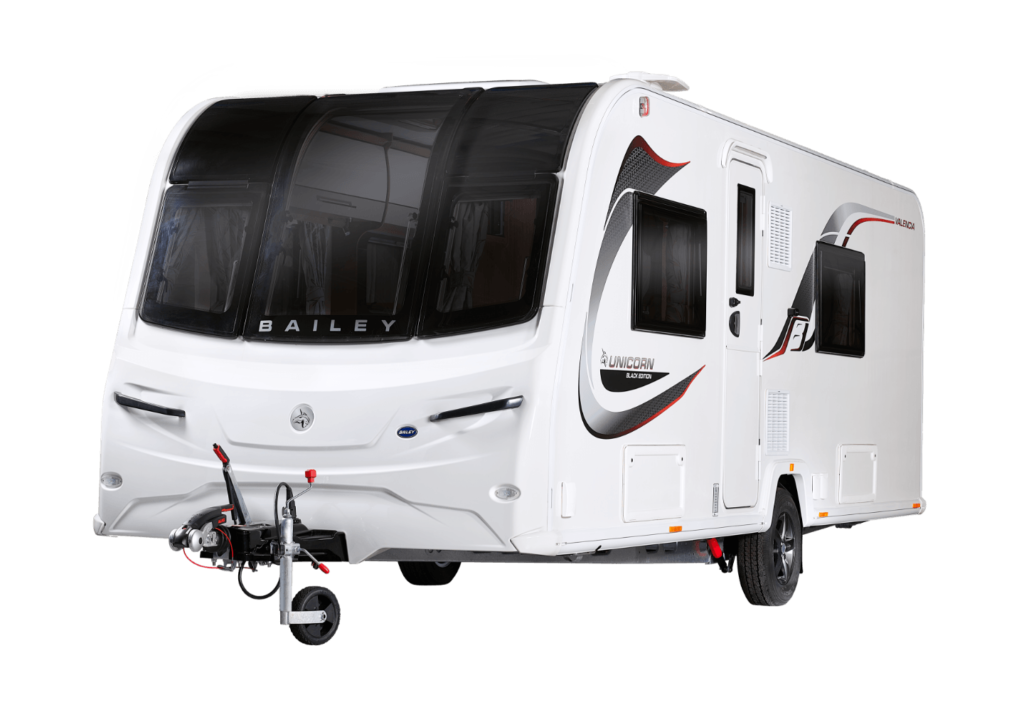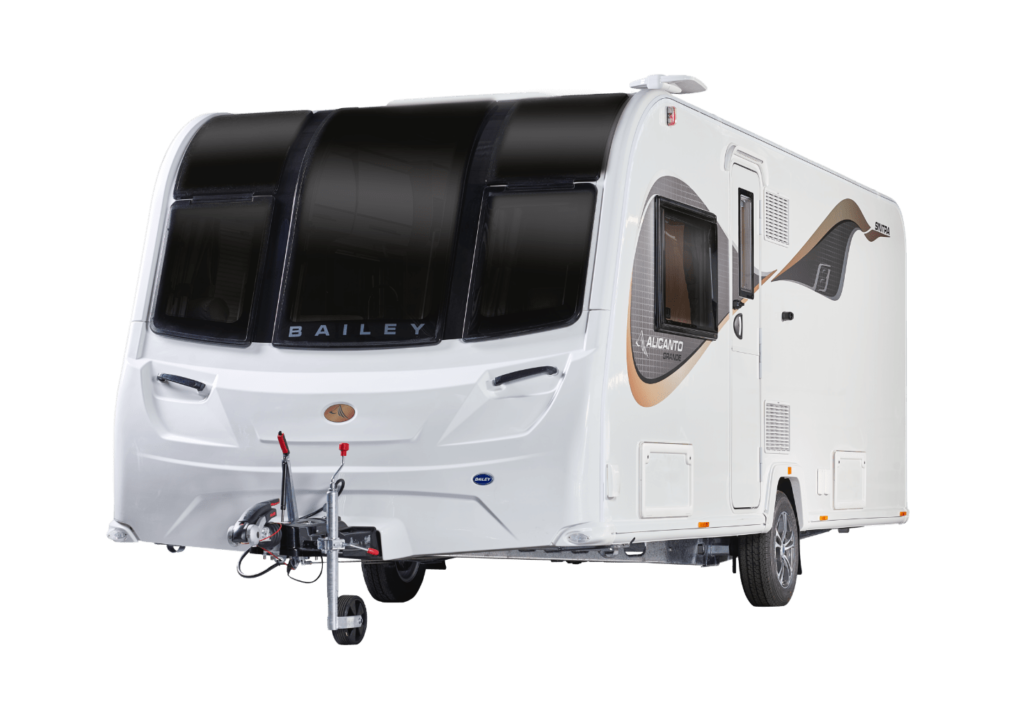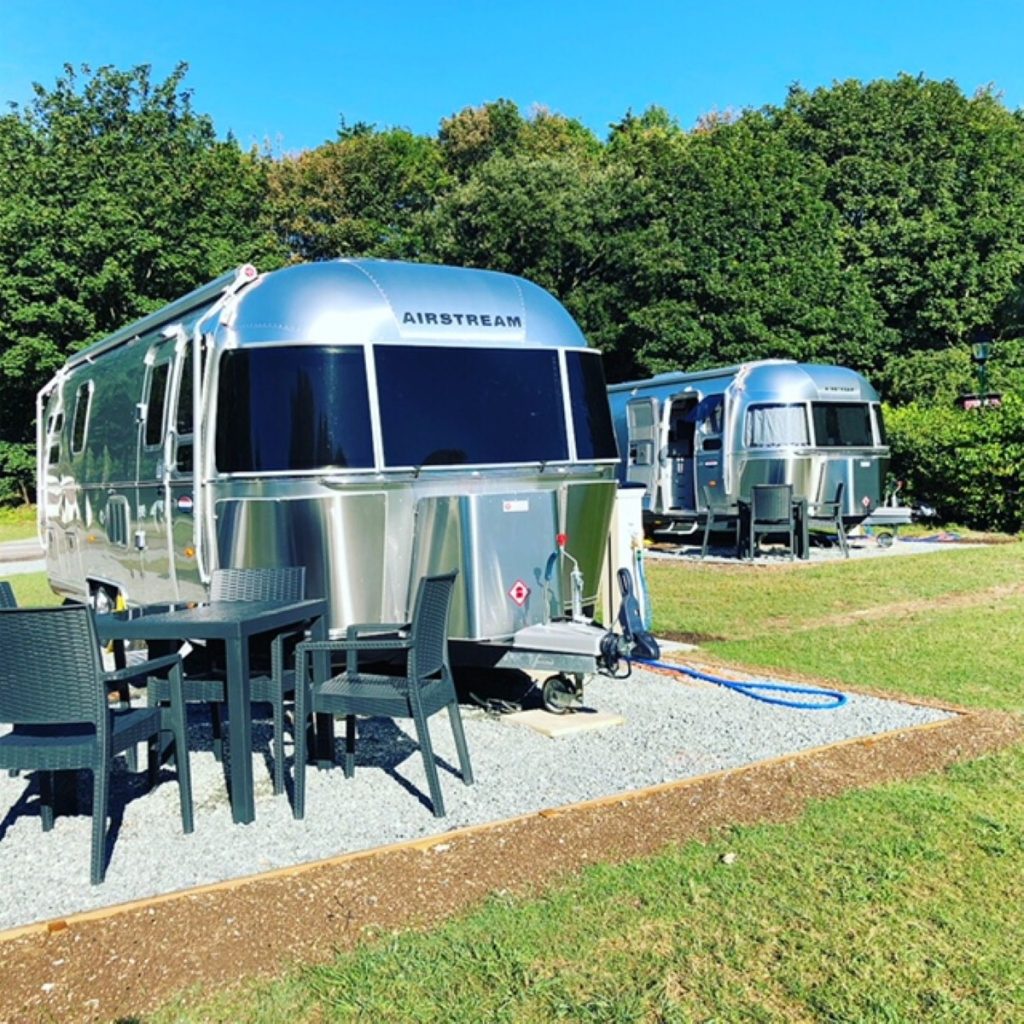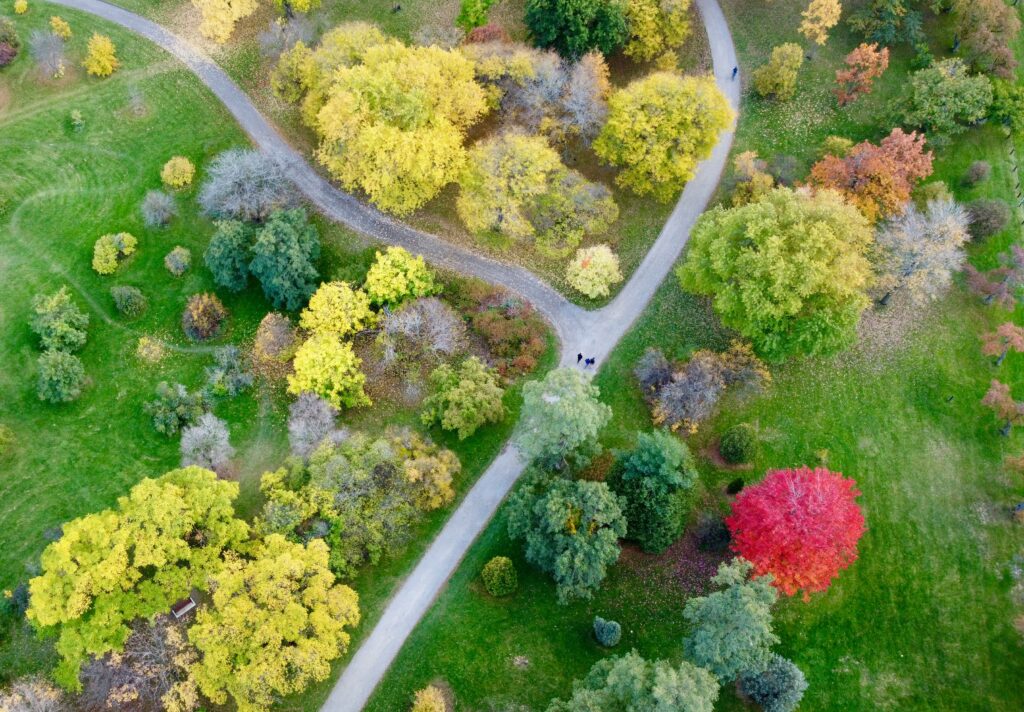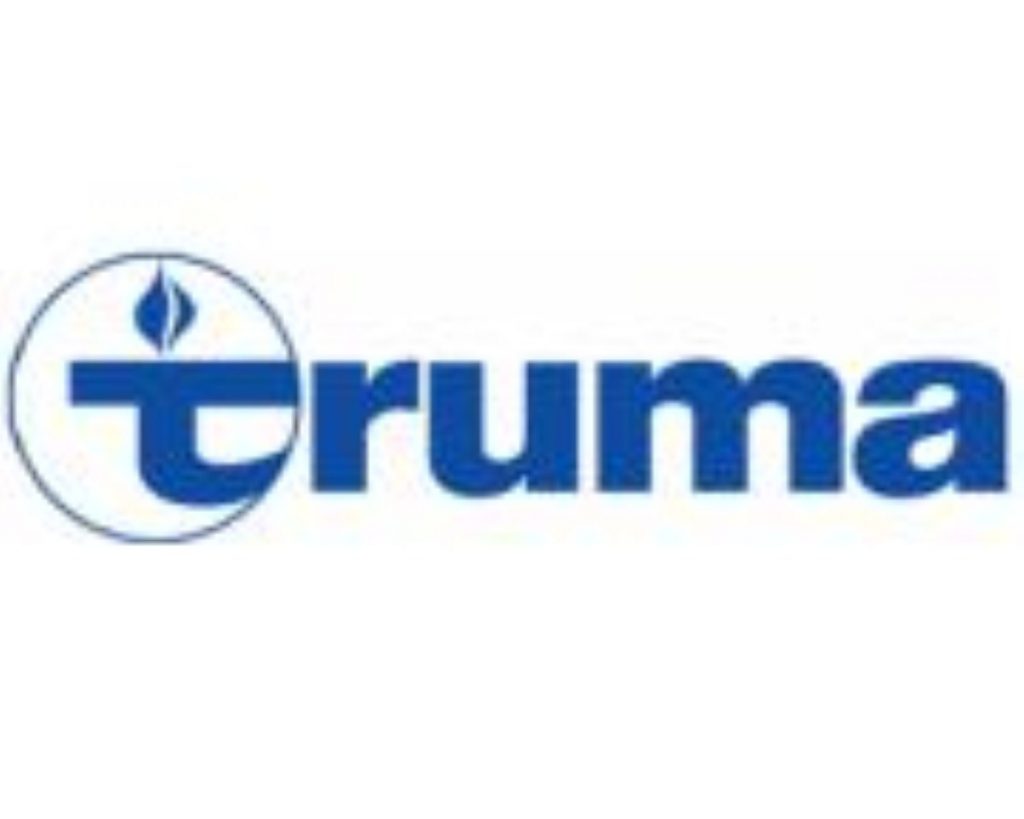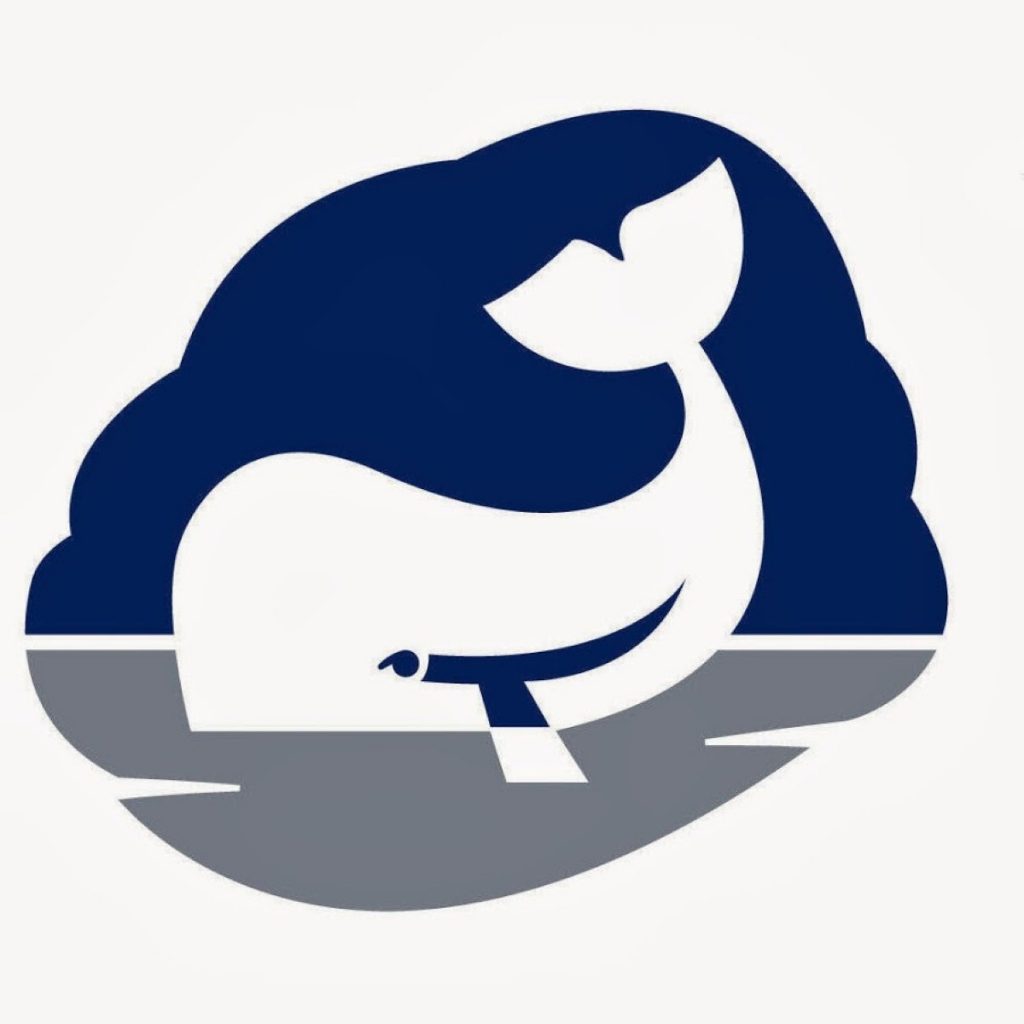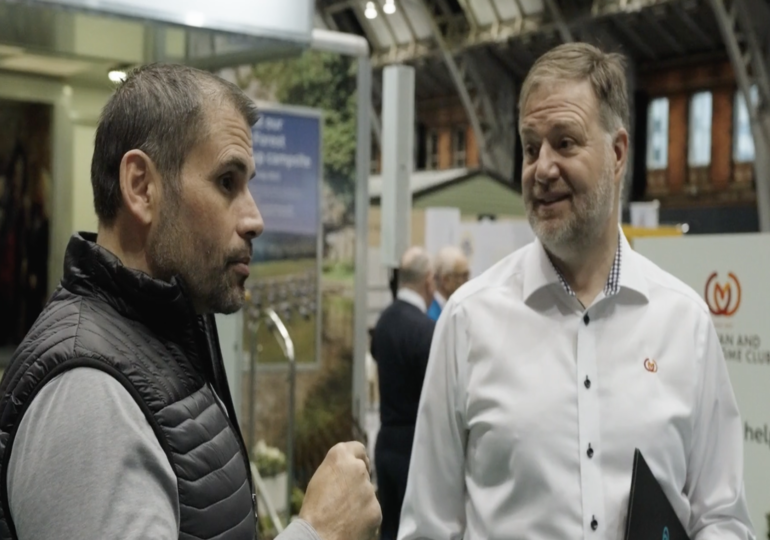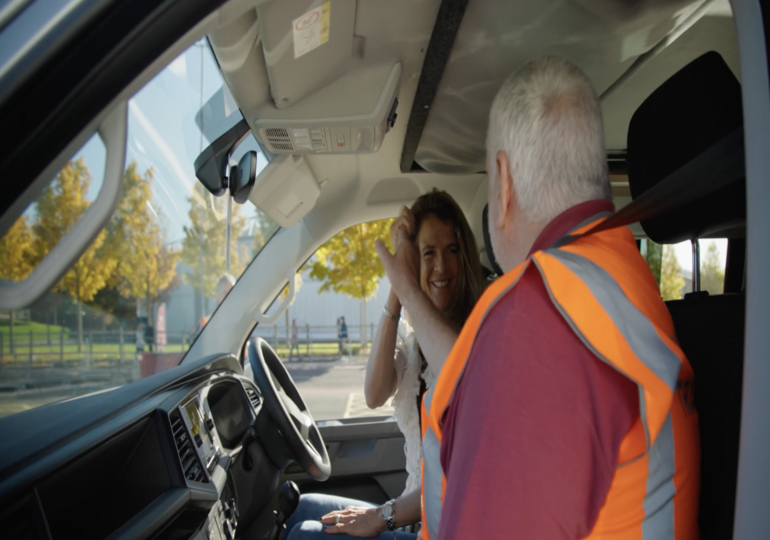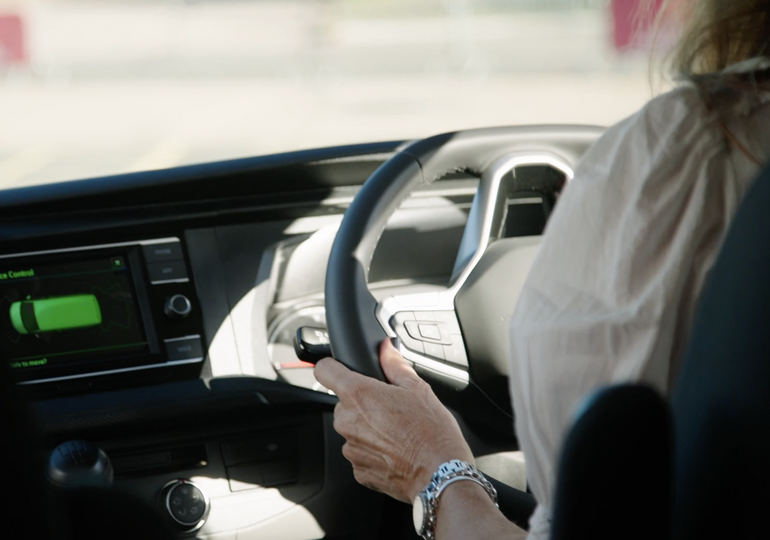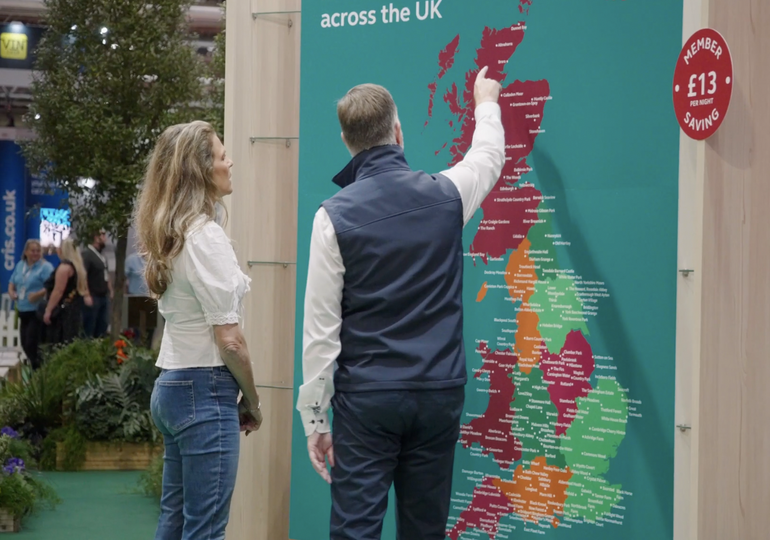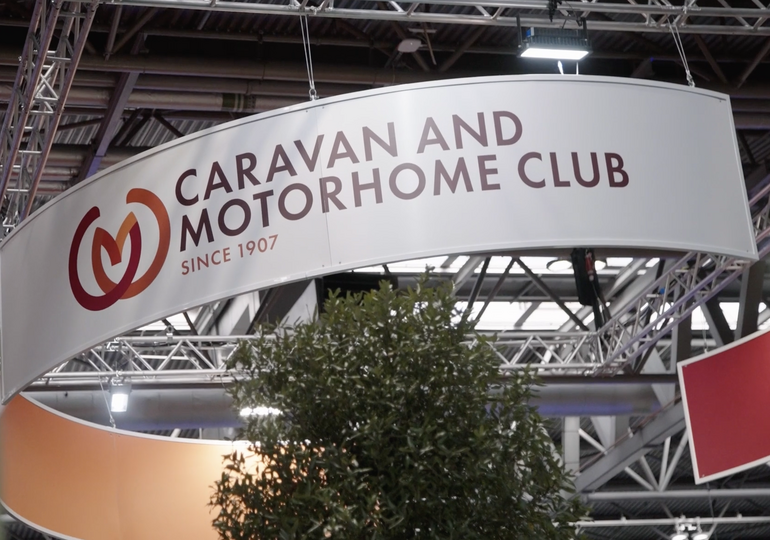During April’s budget this year Caravan Times learned of plans to introduce a Road Fund Licence for caravaners. They were unveiled to bring these road users in line with the majority of other vehicles on the road, who pay for the privilege of using the ‘Queen’s highways.’
A Treasury spokesman offered the following comment. ‘It has long been unfair that dormobiles have been subject to tax, and yet caravans have not. They damage and wear road surfaces as equally as other road users, and contribute further pollution to the atmosphere as the vehicles towing them use more fuel. It is that we wish now to redress.’. ‘We propose a Road Fund Licence for caravans levied at £295 for twelve months, or £155 for six months.’.
New buyers of the blight of ordinary motorists must pay a showroom tax of nearly £1,000 from 2010 after caravans were targeted in a further overhaul of the ‘road tax regime’.
It is reported that new caravans may be hit with a first-year levy, of £150 in addition to the Road Fund Licence. However, the new scheme, in general, is expected to reduce British motorists’ carbon dioxide emissions by more than 5%, as new sales fall.
The fiscal crackdown was announced following the recent shakeup of vehicle excise duty for cars that expands the regime by six bands to 13 from next year, creating a top M band for the highest polluting cars. Cars that emit more than 255g of carbon dioxide per kilometre, such as the Chrysler Jeep and the Porsche Boxster, will be charged an increased top rate. Those that emit less than 130g of carbon dioxide per kilometre, such as the Peugeot 207 and Fiat Panda, will pay a reduced standard rate from next year, ranging from nothing for a VW Polo BlueMotion to £90 for a Panda.
Potential buyers of large vehicles are already reacting to high pump prices and negative publicity from green campaigners, according to sales figures which show that purchases of cars in the G band fell 15% last year to 150,000. Sales of low emissions cars in bands A and B grew 17% and are expected to overtake band G vehicles this year, according to the Society of Motor Manufacturers and Traders (SMMT).
“Since the introduction of a CO2-based road tax in 2001, there has been a clear trend towards lower-CO2 new cars,” said AFD’s chief executive, Eve Paulritt, yesterday. “However, even the most non pollutant of cars, will produce more CO2 when under load, such as pulling a caravan, or trailer.”
Sir Norman Stratford, the RSAC ‘s president, has commented, however, that he believes the environmental impact of the new bands and the showroom tax would be small, following his initial report.
The Treasury said the proposals would raise an extra £1.2bn and would reduce carbon dioxide emissions by 500,000 tonnes – less than 1% of the total emitted by all drivers annually.
The Chancellor, also published the final report of a review of low-carbon cars by Sir Norman and announced a £21m research programme. The report makes 40 recommendations for caravans – ranging from colour-coded tax discs that reflect the vehicle’s weight and size, teaching schoolchildren about the environmental impact of owning a caravan, to including road transport in the European Union emissions trading regime.
It is believed that the government will make its full response to Sir Norman’s report in the summer. The Chancellor deferred a 2p-per-litre rise in fuel duty until October 2008 after pressure from motorists and haulers. Fuel duty will then rise by 1.84p per this month and a further 0.5p in 2010.
Environmental campaigners, Planet Green, have said that this was a great opportunity, and welcomed the proposal. Their press release states, “Ordinary motorists are unnecessarily buying more fuel and are not seeing any contribution from caravaners, who slow average traffic speeds on motorways and A roads to an unacceptable level, causing many an incident, on otherwise clear and popular routes. A caravan increases travelling times, inconveniences others, and takes up more space on our roads. For this, the extra pollution that caravaners are responsible for, in towing caravans, and in causing innocent others affected by their actions to be more pollutant, themselves by being stuck in traffic jams, or taking longer to complete a journey than they otherwise would expect, caravaners must pay the penalty.”

